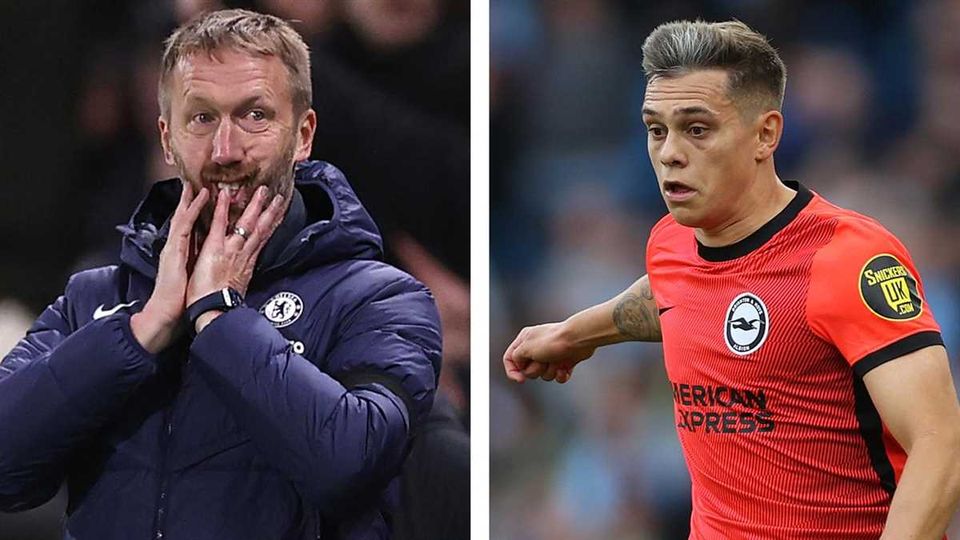In the realm of professional athletics, the nature of employment agreements plays a crucial role in shaping an athlete’s career. These agreements are fundamental in defining the terms and conditions under which players commit to teams and organizations. Understanding the various aspects of these arrangements provides valuable insight into the professional dynamics of the sport.
These agreements often encompass details related to compensation, duration, and specific responsibilities. The intricacies involved can significantly influence the trajectory of an athlete’s career and their standing within the sport. Examining these elements offers a comprehensive view of how professional relationships are structured and maintained in the competitive world of sports.
Contract History Overview
The professional journey of a prominent player is often marked by a series of agreements that reflect their growth and value in the sport. This section explores the various terms and timelines that have defined the player’s career, focusing on the key moments when significant agreements were made. These agreements not only showcase the evolution of the player’s career but also highlight the strategic moves by clubs to secure and manage their talent.
Initially, the player entered the professional realm with a contract that set the stage for future endeavors. As their career progressed, new agreements were negotiated, each reflecting a rise in their reputation and skills. The changes in contract terms over time provide insight into the player’s increasing influence and the strategic decisions of the teams involved. This historical perspective offers a comprehensive view of how the player’s career has been shaped by these pivotal agreements.
Evolution of Club Agreements
The progression of player agreements in professional sports often reflects their growing influence and value within the game. Early-stage agreements typically involve shorter terms and more basic terms, reflecting the initial phase of a player’s career. As their impact on the field becomes more pronounced, contracts generally evolve to include longer durations, improved financial terms, and additional clauses that recognize their enhanced contribution to the team.
In recent years, the transformation of these agreements has highlighted the increasing recognition of player performance and marketability. Enhanced financial packages, performance bonuses, and more substantial signing bonuses are now common features. This evolution underscores the dynamic nature of professional sports agreements, adapting to the changing roles and achievements of players within the sport.
Significant Contract Milestones in a Football Career

Throughout a football player’s journey, key moments in their contractual agreements often mark pivotal points in their professional development. These milestones usually reflect not only the player’s growing value and impact on the field but also their evolving status within the sport. Understanding these significant events provides insight into how athletes manage their careers and capitalize on their performances.
Early Career Agreements: The initial agreements often set the stage for a player’s career, establishing their potential and early market value. These contracts are typically characterized by their short duration and modest terms, serving as a foundation for future negotiations.
First Major Move: Transitioning to a more prominent team or league represents a major achievement. This phase usually involves a substantial increase in terms and benefits, highlighting the player’s rising prominence and the trust placed in their abilities by top clubs.
Peak Contract Negotiations: At the height of their career, players often secure their most lucrative agreements. These contracts not only reflect their performance but also their influence within the sport, leading to enhanced financial terms and extended durations.
End of Career and Legacy Deals: As athletes approach the later stages of their careers, they may negotiate deals that emphasize their legacy and contributions to the game. These agreements often focus on their role as veteran leaders and may include non-playing roles or ambassadorial positions.
Impact of Agreements on Player Performance
Professional sports agreements can significantly influence a player’s performance on the field. These agreements often dictate the terms and conditions under which athletes perform, including financial incentives, duration, and specific clauses that might affect their overall motivation and focus.
One major aspect to consider is how financial stability provided by these agreements can impact an athlete’s game. A secure and lucrative agreement may allow players to concentrate more on their training and performance, free from financial worries. Conversely, contract disputes or uncertainties might create distractions and impact their effectiveness during matches.
- Stability and Motivation: Players with secure agreements often exhibit higher levels of motivation and consistency in their performance, knowing that their future is financially assured.
- Performance Pressure: High-value agreements can sometimes lead to increased pressure to perform, as players might feel obligated to meet high expectations set by their contracts.
- Negotiation Dynamics: The terms negotiated in these agreements can affect a player’s morale and teamwork, influencing how they collaborate with their teammates and approach their roles on the field.
In conclusion, the terms and conditions of agreements play a crucial role in shaping an athlete’s performance, influencing everything from motivation and focus to the level of pressure experienced during their career.
Comparing Deals with Peers
When examining the agreements of prominent athletes, it is insightful to compare their terms and conditions to those of their counterparts. This comparison reveals how variations in agreements can impact players’ financial stability, career progression, and overall market value.
Evaluating compensation packages provides an understanding of how salary structures and performance bonuses differ among players. Contract lengths also play a significant role, as they can influence both job security and future negotiation leverage.
By analyzing these elements, one can gauge the financial and professional advantages afforded by different agreements and how they contribute to a player’s success in their respective leagues.
Future Prospects for Player’s Contractual Terms
As professional athletes navigate their careers, the evolution of their contractual agreements often reflects their growing value and contributions to their teams. Evaluating potential future terms for such a player involves considering several key factors, including performance consistency, market demand, and the strategic interests of their current and potential future clubs.
Performance metrics play a crucial role in shaping future agreements. High-performing individuals who consistently demonstrate their skills are likely to attract more favorable terms and potentially lucrative offers. Additionally, market demand significantly influences contract negotiations. If the player becomes a sought-after talent, teams may compete to secure their services, driving up the value of their contractual terms.
Lastly, the strategic goals of the player’s current club, as well as any potential suitors, will impact the negotiation process. Clubs aiming to enhance their squads may offer enhanced terms to retain or attract such players. The interplay of these factors will ultimately define the future landscape of the player’s contractual agreements.






